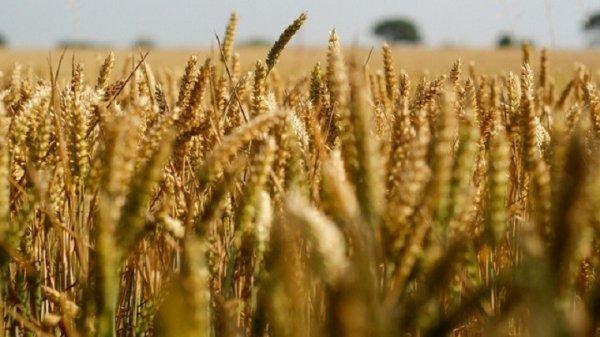While Zimbabwe’s agricultural sector is yet to recover from the 2000 fast-tracked land reform programme, the government has begun the process of compensating white commercial farmers who lost their infrastructure when they were forcefully ejected from their farms.
From then, Zimbabwe was stripped of her status as the breadbasket of Southern Africa with the country now importing grain every year to feed starving citizens.
Bowing to international pressure, Treasury has released $22 million to 400 white former commercial farmers as part compensation for infrastructure developments on farms compulsorily acquired by the government during the chaotic land reform exercise which attracted the country sanctions.
The money is part of the $52 million set aside in the 2019 budget.
Nearly half of the 900 farmers who registered for compensation have received $55 000 each under the Interim Relief Payment Scheme being coordinated by the government and the Commercial Farmers’ Union.
Priority has been given to elderly former farmers, who are struggling financially.
In April the government requested a list of names of ex-farmers who needed an interim relief payment and of an estimated 3 500 former farmers, around 900 have so far responded to the interim relief.
It, however, remains to be seen if this exercise would unlock funding for the country’s agricultural sector and restore Zimbabwe’s status as the breadbasket of the region.
Economist, Kipson Gundani, said while the government needed to do more in order to attract investment into the country’s agricultural sector, compensation of the white farmers, was a commendable gesture.
“On a positive note, this is a good gesture in as far as compensation is concerned,” said Gundani.
“Apart from the compensation the government still has to deal with the negative perception of Zimbabwe as a country that does not respect property rights. That has to be accompanied by a robust perception strategy.”
Gundani said while the compensation, coming after nearly 20 years since the fast-tracked exercise, would not help the affected farmers that much, the exercise was still important for records and documentation purposes for future generations.
“The time factor here may not necessarily be an issue,” said Gundani.
“You rather be late than never arrive.”
Stevenson Dlamini, an economist at the National University of Science and Technology’s Banking and Investment Promotion Department, said the move by the government was an indication the powers-that-be were under pressure to meet the requirements of multilateral financial institutions such as the International Monetary Fund before the country could access lines of credit.
“Compensation of those white farmers is part of the requirements by the IMF and other multilateral financial institutions before Zimbabwe can access funding from them,” Dlamini said.
“The government is, therefore, trying to appease the multilateral lending institutions.”
He said compensation of the farmers would not immediately unlock lending for the country’s agricultural sector, adding there were other cocktail of requirements to be met by Zimbabwe.
Dumisani Sibanda, another economist, said while the compensation was a positive development, it had come rather too late some farmers.
“Some farmers have died; others have lost interest and those available have made irredeemable loses,” said Sibanda.
“Also value has been lost. How will value be restored?”

